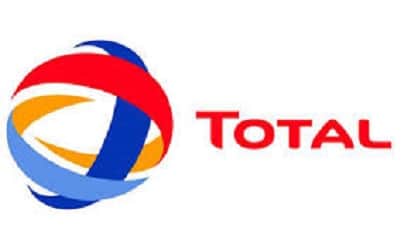Total Nigeria Plc has declared an interim half-year dividend of N4.00 per ordinary share of 50 kobo each on all the outstanding 339,521,837 ordinary shares of the company, worth approximately N1.4 billion.
The decision was taken at the recently concluded Board of Directors meeting of the company, held on the 19th of July 2021.
Communicating the decision to shareholders, the company in a recent notice signed by its secretary, Bunmi Popoola-Mordi, noted that the dividend will be disbursed to qualified shareholders on the 13th of September, 2021.
By qualification, the company refer to all shareholders whose names appear on the Register of Members as at 13th of August, 2021, and have completed the e-dividend registration, mandating the Registrar (CardinalStone Registrars Limited) to pay the dividends directly into their bank accounts.
Furthermore, the company revealed that the Register of Shareholders will be closed from Monday, August 16, 2021 to Friday, August 20, 2021. In the same vein, the energy giants scheduled its qualification date for August 13, 2021.
READ: What Nigeria needs to do to crash cement prices – Chairman of BUA Cement, Abdul Samad Rabiu
Naijabusiness.com.ng gathered that Total Nigeria Plc posted an impressive result in the 2021 half-year period. The firm’s gross revenue grew from N106.7 billion as at June 2020 to N151.3 billion in June 2021, representing an increase of about 42% within the periods under review. Other important financial parameters, such as profit after tax (PAT), earnings per share (EPS) etc., all grew impressively, posting a surge of over 1,000% YoY.
Buoyed by the impressive financial standing and the fact that it overturned a loss of over N500 million that it recorded in the corresponding period last year, Total Nigeria Plc unlike last year when it failed to declare a dividend, regained investors’ confidence this time around by declaring a dividend of N4.00 per share.
A dividend is part of a firm’s profit distributed to its shareholders either in cash or in issuance of further shares. It is of common knowledge that when a firm earns a profit or surplus, it reinvests a portion of the profit in the business (retained earnings) whilst paying a portion as dividends to the shareholders.

